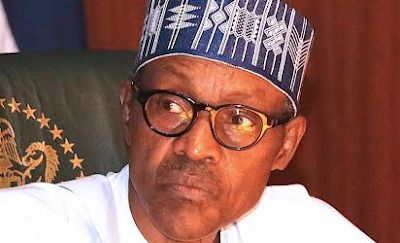By
Banji Ojewale
There is a small but vocal circle of Nigerians who do not
believe that their country needs more of the quickening touch of the Divine to
help turn things around for the prostrate land. They look all over the place
and spotting what they see as a sea of churches, they conclude that Nigeria would
be better off without a ‘surfeit’ of ecclesiastical industry. They refer to
patently disturbing reports of abominable conduct in the Church and return the
verdict that the trouble with Nigeria
isn’t its politics or economy; it is the Church which encourages a craving for
materialist prosperity. They argue that the Church and its leaders no longer
aim at addressing the soul as their Lord Jesus Christ taught. Today, they say,
the Church is master at pandering to carnal needs.
 |
| Pastor W.F Kumuyi |
So they want less of sacerdotal activity and more of
agnostic enterprise.
Well, this contrasts with the position of a famous French
historian and writer as he also studied the role of the Church in the United States of America
when that country was struggling with the challenges that came after a war.
The famous French writer Alexis de Tocqueville visited the
United States of America in
the first half of the 19th century and returned with reports of how great America had become not too long after it had
emerged from its war of Independence
and passed through the teething problems of nation-building. His extensive tour
led him to probe the source of this eminence.
When Tocqueville had undertaken an arduous search, he
wrote: “I sought for the greatness of the
United States
in her commodious harbors, her ample rivers, her fertile fields and boundless
forests and it was not there. I sought for it in her rich higher learning and
it was not there. I looked for it in her democratic congress and her matchless
constitution and it was not there. Not until I went to the Churches of America did I
understand the secret of her genius and power”.
Tocqueville attributed the prosperity of the nascent
American State to the fact that its leaders instituted a national policy that
encouraged the Churches of the day to pray to God on behalf of “kings and… all that are in authority” as
enjoined in the Holy Bible (1 Timothy 2:2). As far as he was concerned it was
obedience to that Divine order coupled with diligent work that brought down
God’s blessings both on the American people and on the land. Indeed the
concluding part of the text we quoted says such intercessions will lead to “a quiet and peaceable life” adding that
“this is good and acceptable in the sight of God” (verse 3).
Pastor William Folorunsho Kumuyi, founder and General
Superintendent of the Deeper Christian Life Ministry (DCLM) is in the same
class as Tocqueville. He believes that the absence of Jesus Christ in the
citizen’s life in Nigeria
is responsible for the problems assaulting us, the same way that lack is the
source of all of the world’s problems at the moment. The point, he argues, is
not to have less of Jesus’ message of tolerance, righteousness, Biblical
holiness, love for fellow man (even if he is your enemy), abstemious lifestyle,
focus on Heaven etc. Outlawing Jesus amounts to outlawing peace and order.
Man’s duty is to admit Him and allow Him full reign.
Kumuyi has maintained a diligent outworking of this faith
in the power of the Gospel to change the fortunes of society if sincerely
embraced. He has embarked on a back-breaking crusade nationwide. It has taken
the Deeper Life Bible Church leader to far-flung areas
including such so called no-go states as Plateau, Bauchi, Adamawa and Gombe. He
was in those places only last week even in the midst of deadly outbursts of
violence.











